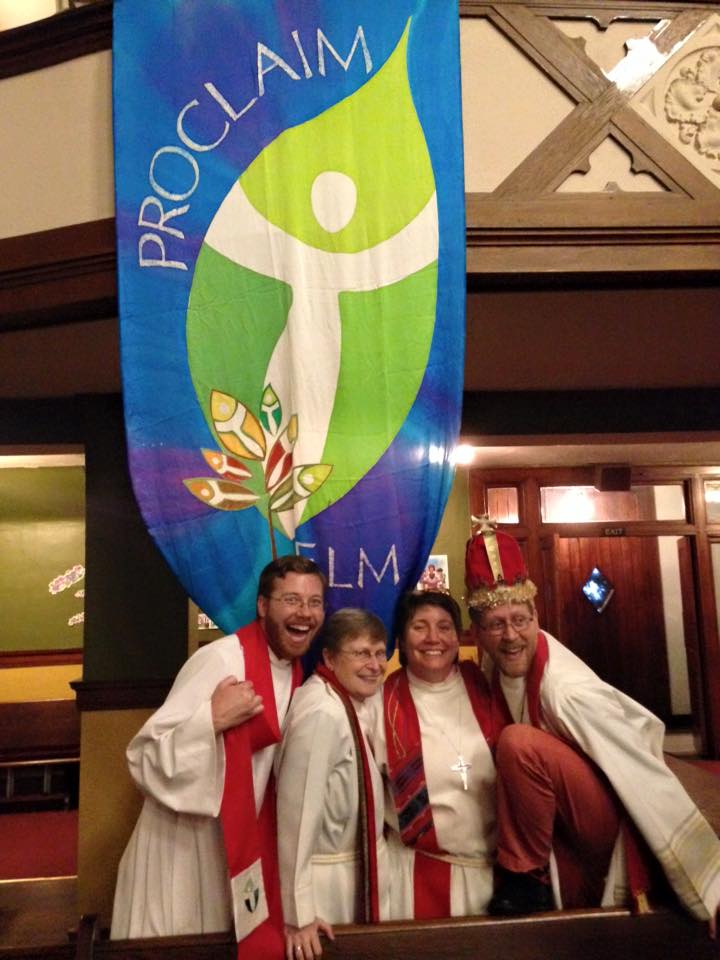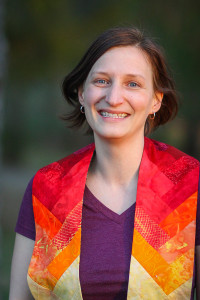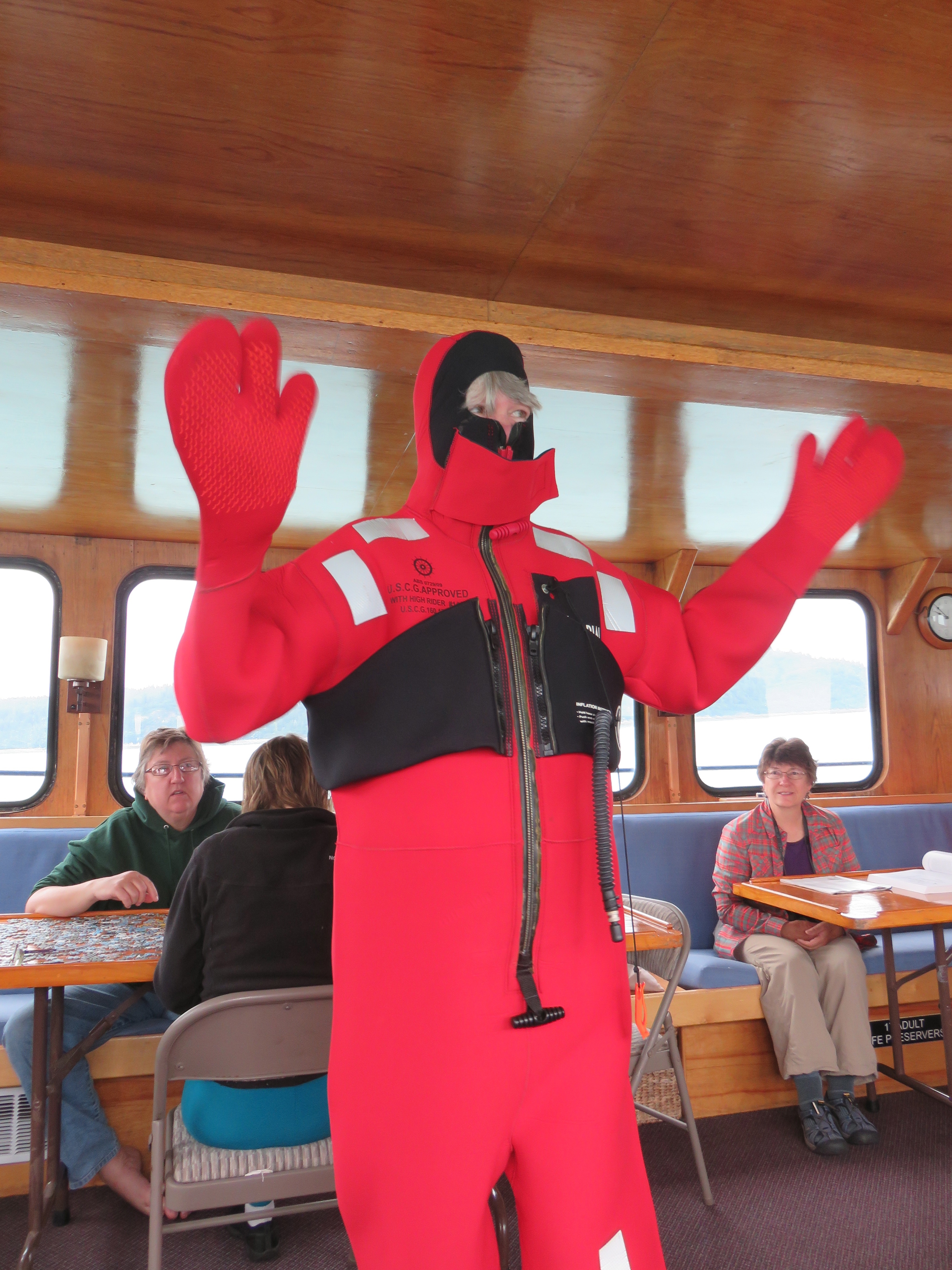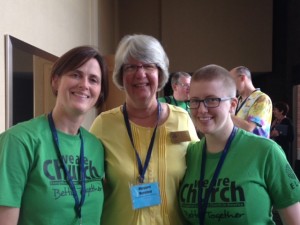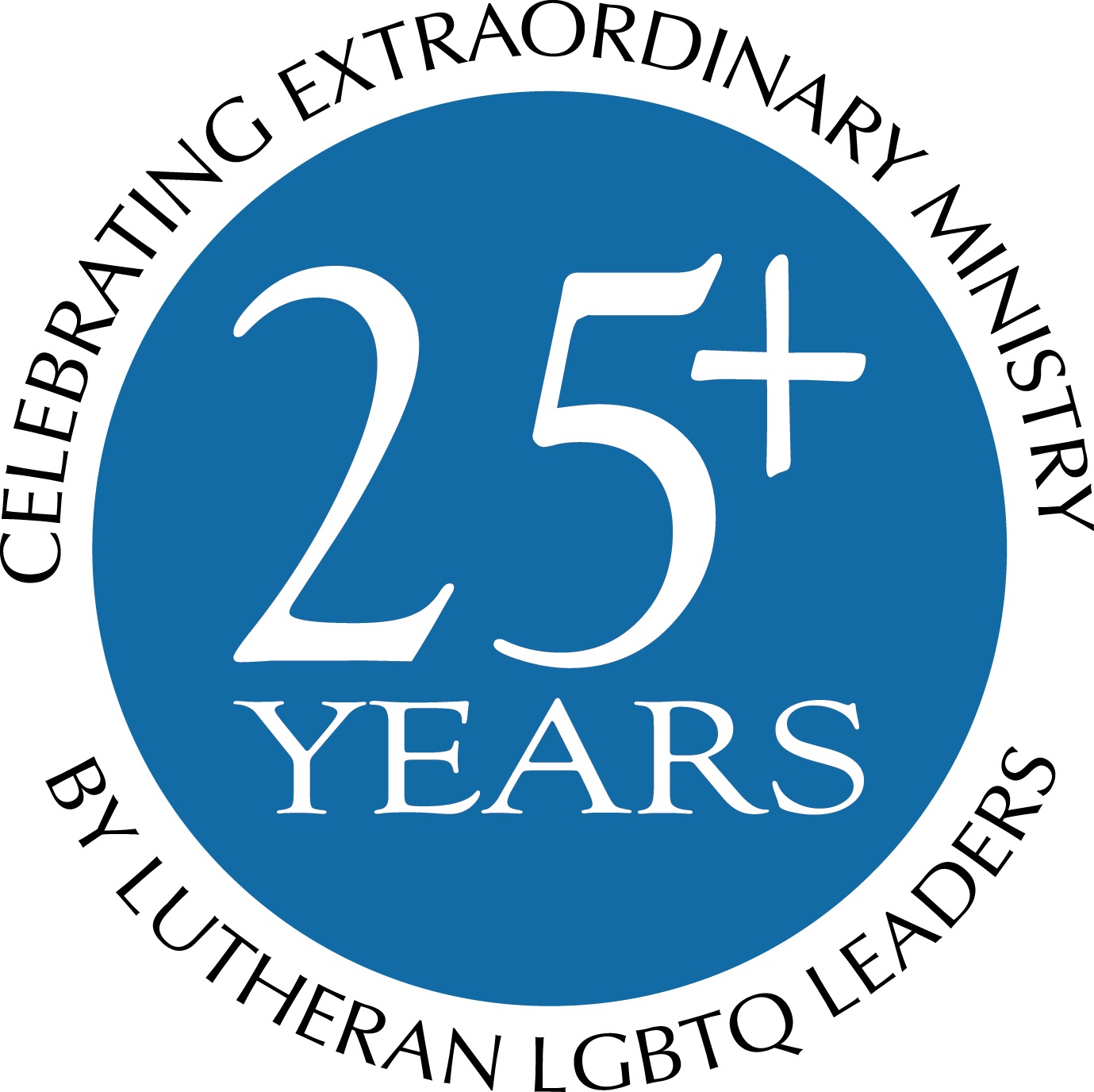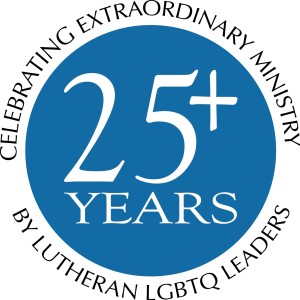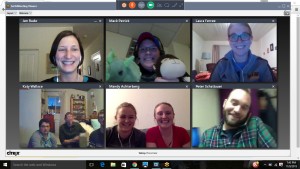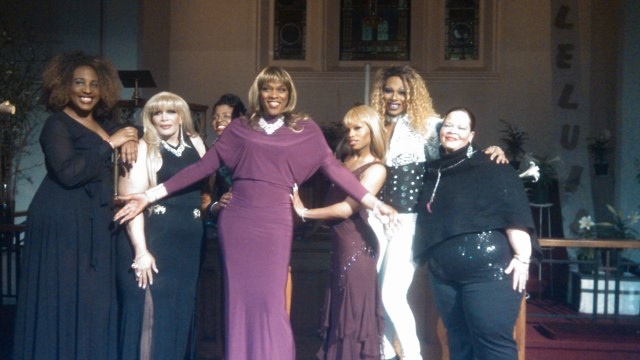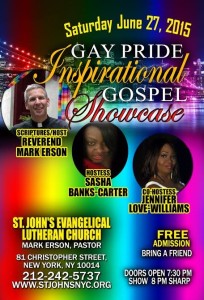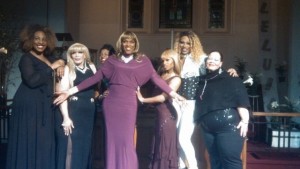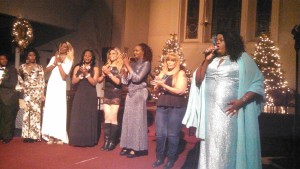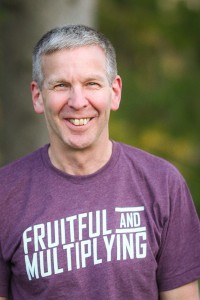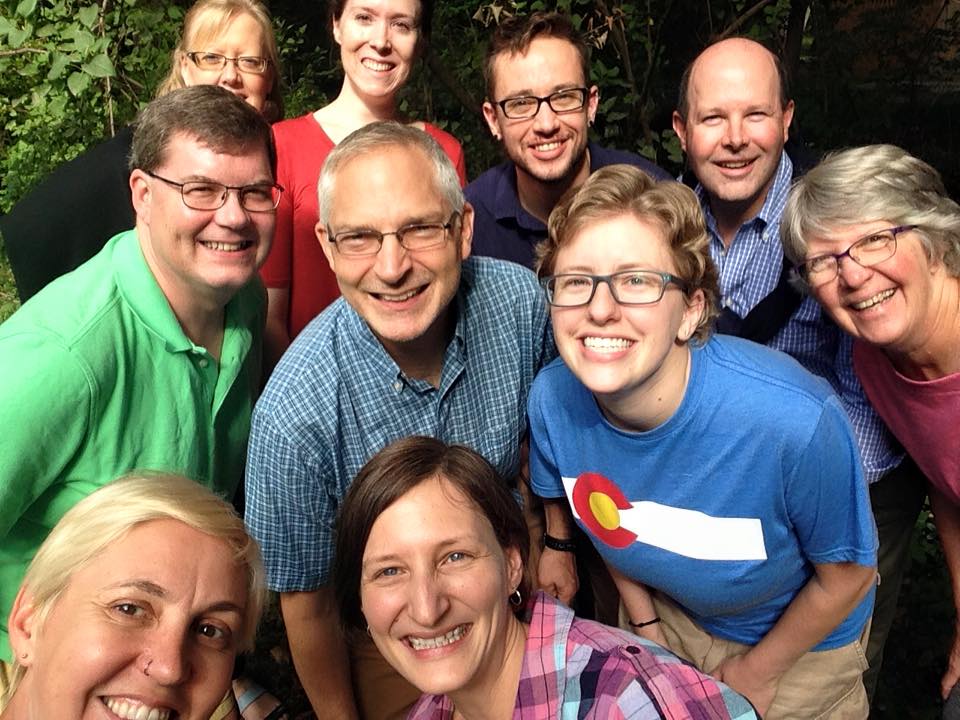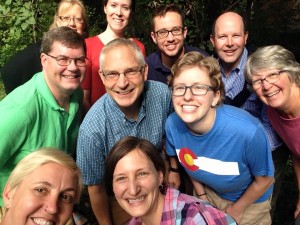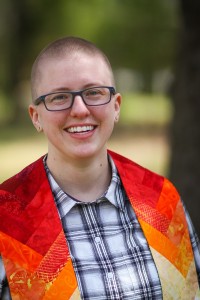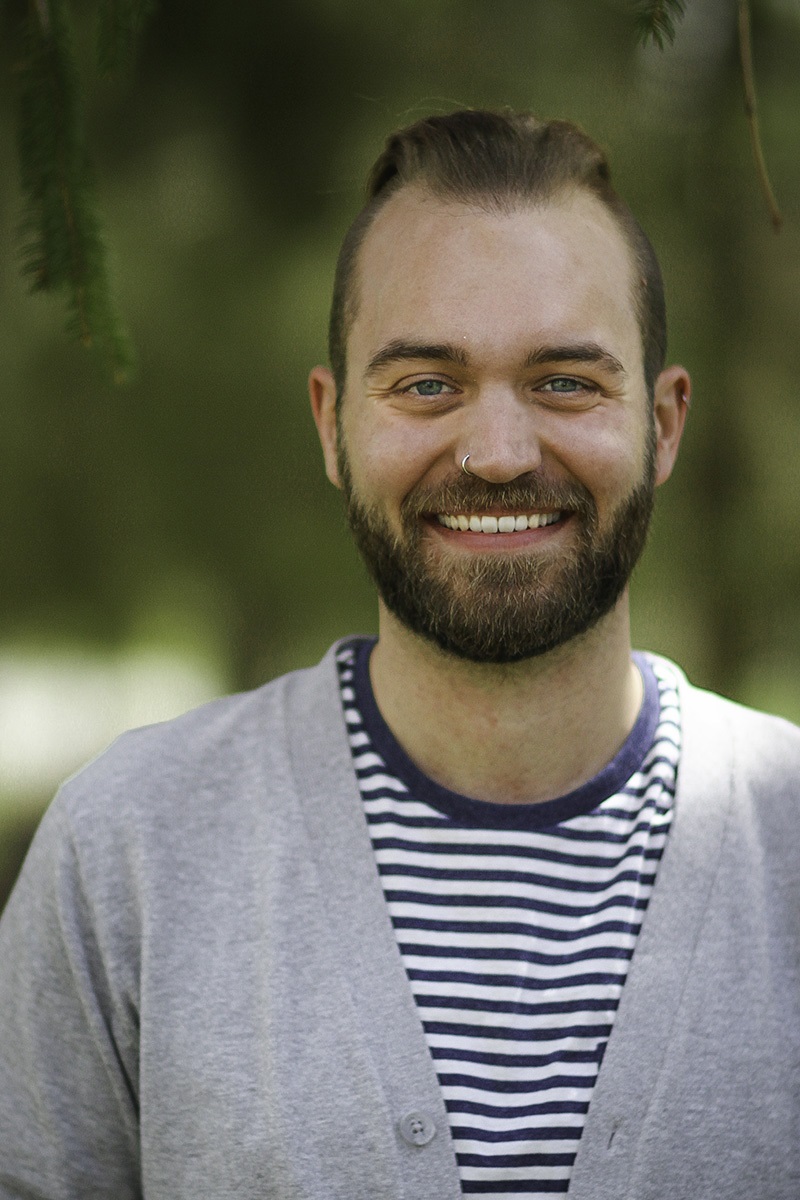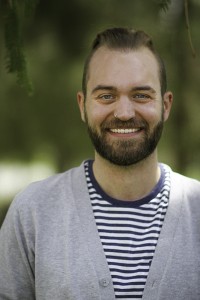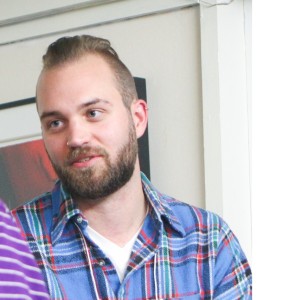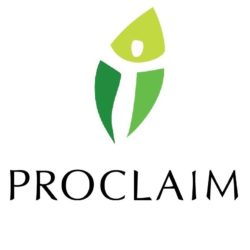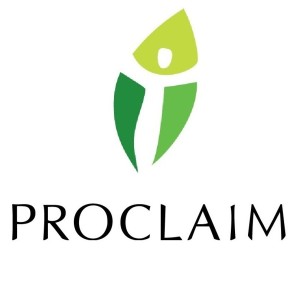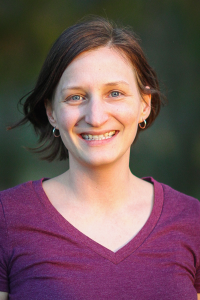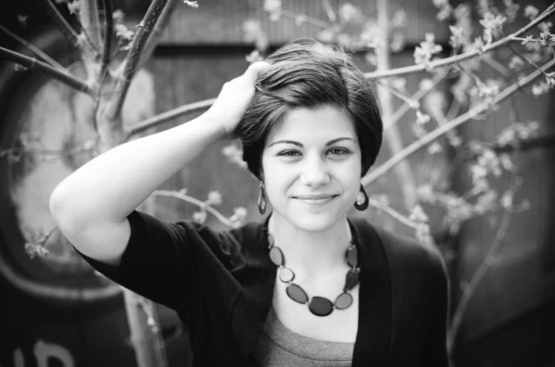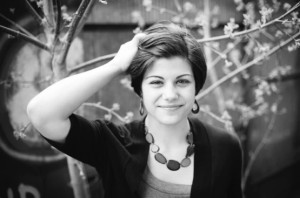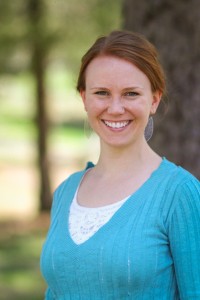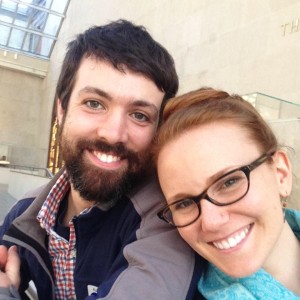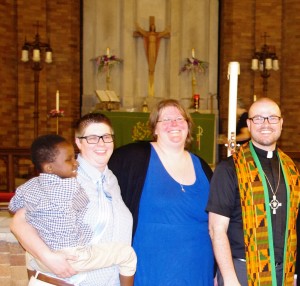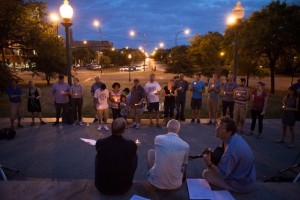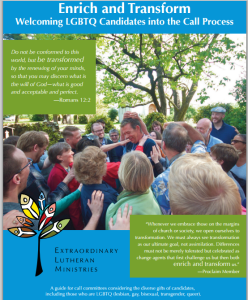by Rev. Jen Rude, ELM program director
This season of Advent has particular meaning for some Proclaim members. Ideas like hope, waiting, and expectation are turning into the reality of a new call.
Proclaim member Tim Feiertag was approved for ordination 7 years ago. And even though it’s Advent I won’t make you wait until the end of this blog to find out that Tim Feiertag was ordained this past Sunday having received a call to Trinity Lutheran Church in Everett, Washington!
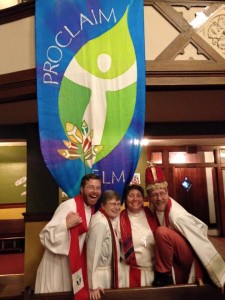
Read on to find out more about Tim’s story, about newly ordained Rev. Cara Knutson, and what ELM is doing to move leaders from a place of “waiting” for a call to “looking” for a call.
During these challenging years of waiting for call Tim found other ways to offer his gifts for ministry. Members of ELM’s Proclaim community affirmed Tim’s pastoral gifts and asked him to serve as one of the community’s volunteer chaplains for the past 2 years. He has prayed with our community, offered pastoral care, joined in celebration, and accompanied in lament. Tim says, “Serving as a chaplain to the Proclaim community is one way I have been affirmed in my vocation in this wilderness period.”
Although things have changed within seminary and candidacy for LGBTQ seminarians, ELM noticed that LGBTQ candidates continue to struggle to receive a first call and often wait significantly longer than their straight classmates. We realized that this growing pool of LGBTQ candidates ready to serve needed more intentional support. Rev. Javen Swanson, who also knew this waiting time intimately says, “I know from experience that once candidates have been assigned, they fall off their seminary’s radar, they fall off their candidacy committee’s radar, and they often don’t receive much support from the synod to which they’ve been assigned. The time spent awaiting first call is difficult for every candidate, but it’s especially difficult for LGBTQ candidates who often face additional challenges as they seek a call.”
Javen helped create and is now the convener of ELM’s Awaiting Call Support Team. This team provides 1-on-1 accompaniment and coaching for LGBTQ candidates who are awaiting first call – from practical things like mock interviews and paperwork, to spiritual support and encouragement.
Marissa Sotos, a Proclaim member and first call candidate says, “Being connected to a mentor has helped me re-frame waiting for call. Before connecting with the accompaniment program, waiting felt very isolated and passive. Working with Erik has helped me see it as an active and connected part of the ordination process. I’ve realized in the last few months that when people ask what I’m doing, instead of saying that I’m waiting for a call I say I’m looking for a call. Looking feels a lot more hopeful than waiting.”
After 7 years of looking and waiting, on the occasion of his ordination Tim says, “How appropriate that I am being ordained during the season of Advent. A season of waiting. A season of already and not yet. A season of preparing a way and longing for the journey’s end. I am so grateful to Extraordinary Lutheran Ministries for preparing the way for a gay man to become an out Lutheran minister, for supporting ministry by out LGBTQ folk to show the world that these ministries can thrive, for continuing to speak out against the ways the church continues to oppress/stonewall/deny/discount LGBTQ people, for faithfully waiting with me when no call was on my horizon.”
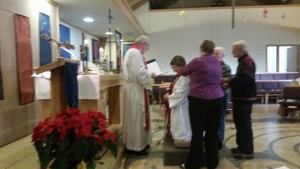
On December 6th, another Proclaim member was ordained after her own time of Advent waiting and looking. Cara Knutson was called to serve as chaplain to Methodist Manor Retirement Community in Storm Lake, Iowa. ELM supporter (and her mother-in-law) Mary Knutson participated in the service by serving as a reader and helping to place the stole around Cara’s shoulders. Mary reminds us all in this season of waiting: “It’s sometimes difficult to understand what God has planned for us but when it becomes clear we can all rejoice.”
Through your support, ELM is able to provide accompaniment for LGBTQ leaders who are called to serve our church – both in the looking and waiting, and in the rejoicing. These extraordinary and faithful ministers are signs of Advent hope in our midst.
Thank you to all of our wonderful supporters!
If you have yet to make a year-end gift to ELM, we invite you to do so today! An ELM supporter is offering to match any first time, increased, or renewed gift until Dec. 31, 2015!
If have never given to ELM, or if you give more this year, or if you haven’t given since before 2014, ELM will receive double what you give. We’ve had a big year of growth and we need your support to finish strong. Give today – THANK YOU!
by Rev. Jen Rude. This Advent season Jen is excited to be waiting and looking for your gift in the ELM mail box and sees each envelope as a sign of Advent hope and joy in our world. Thank you!

